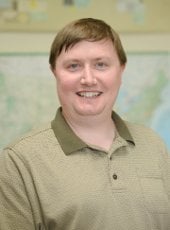 Don Lafreniere (SS/GLRC) along with colleagues Dayne Walling (U Minnesota) and Rick Sadler (Michigan State) presented a paper entitled “Rust Belt Cities as Exemplars for Urban Development Practice in a Low-Growth Future” at the International Seminar on Urban Form.
Don Lafreniere (SS/GLRC) along with colleagues Dayne Walling (U Minnesota) and Rick Sadler (Michigan State) presented a paper entitled “Rust Belt Cities as Exemplars for Urban Development Practice in a Low-Growth Future” at the International Seminar on Urban Form.
The paper outlines how slow- or no-growth communities in the American Rust Belt have responded to the socio-spatial processes shaping land use, development, and revitalization despite a long history of racial segregation and political fragmentation. The paper highlights the importance of community groups and civic networks in responding to these challenges in depopulating urban regions.
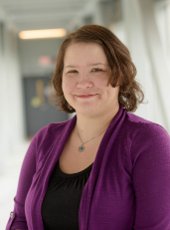 Marie Richards (PhD student, IHA) has been awarded one of eleven Tribal Food Systems Graduate Fellowships from the Intertribal Agricultural Council and the Inter-Institutional Network for Food, Agriculture and Sustainability. This competitive program provides direct financial support and mentorship for graduate research during the 2020/21 academic year, including mentorship from outside MTU, monthly cohort sessions, and dissemination of project results. The experience and networks fellows will gain through participating in this inaugural Indian Country food systems cohort will expand their network and exposure to scholars multifold. IAC is the nation’s largest and longest standing Native American agriculture and natural resources organization. IAC’s efforts over the past 30 years have supported programming and policy work impacting hundreds of Tribal communities and thousands of individual Tribal producers across the country. INFAS is a national network of food systems academics and institutions. This cohort consists of members from rural communities in South Dakota, to urban populations in California; from the islands of Hawaii, to the vast landscapes of Alaska. This inaugural fellowship year is guaranteed to impact food and agriculture scholarship nationally and beyond!
Marie Richards (PhD student, IHA) has been awarded one of eleven Tribal Food Systems Graduate Fellowships from the Intertribal Agricultural Council and the Inter-Institutional Network for Food, Agriculture and Sustainability. This competitive program provides direct financial support and mentorship for graduate research during the 2020/21 academic year, including mentorship from outside MTU, monthly cohort sessions, and dissemination of project results. The experience and networks fellows will gain through participating in this inaugural Indian Country food systems cohort will expand their network and exposure to scholars multifold. IAC is the nation’s largest and longest standing Native American agriculture and natural resources organization. IAC’s efforts over the past 30 years have supported programming and policy work impacting hundreds of Tribal communities and thousands of individual Tribal producers across the country. INFAS is a national network of food systems academics and institutions. This cohort consists of members from rural communities in South Dakota, to urban populations in California; from the islands of Hawaii, to the vast landscapes of Alaska. This inaugural fellowship year is guaranteed to impact food and agriculture scholarship nationally and beyond!
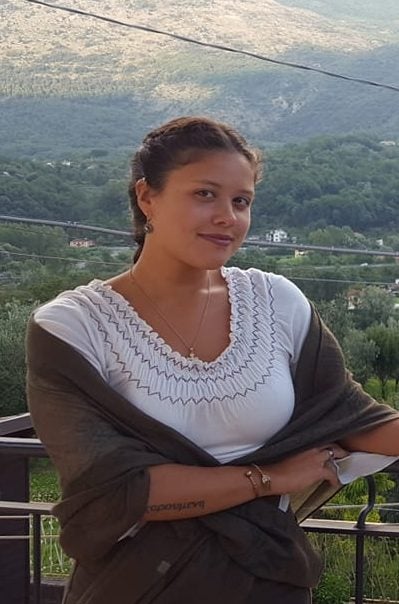 Alexis Pascaris, Environmental and Energy Policy MS student, and and Joshua Pearce recently published
Alexis Pascaris, Environmental and Energy Policy MS student, and and Joshua Pearce recently published  Adam Welstead recently published
Adam Welstead recently published 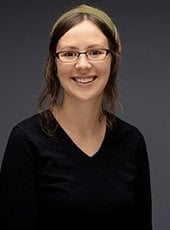 Chelsea Schelly was the featured speaker of the Upper Peninsula Environmental Coalition’s “This is it!” livestream. Topic- Intentional Communities: Living Sustainably with a Shared Purpose. The talk can be viewed on
Chelsea Schelly was the featured speaker of the Upper Peninsula Environmental Coalition’s “This is it!” livestream. Topic- Intentional Communities: Living Sustainably with a Shared Purpose. The talk can be viewed on  Kathleen Brosemer, EEP Ph.D. student, Chelsea Schelly (SS), Val Gagnon (GLRC), and Joshua Pearce (MSE/ECE), with colleagues from Michigan State — Kristin L. Arola, Douglas Bessette, and Laura Schmitt Olabisi —published “
Kathleen Brosemer, EEP Ph.D. student, Chelsea Schelly (SS), Val Gagnon (GLRC), and Joshua Pearce (MSE/ECE), with colleagues from Michigan State — Kristin L. Arola, Douglas Bessette, and Laura Schmitt Olabisi —published “ Growing from the Heart is a new grassroots initiative working to increase access to fresh, local, and nourishing food in Western UP communities this summer. Individual gardeners, groups, and organizations may sign up to be partners in this collective effort by growing food, making land available for food growing, or being a site for food redistribution.
Growing from the Heart is a new grassroots initiative working to increase access to fresh, local, and nourishing food in Western UP communities this summer. Individual gardeners, groups, and organizations may sign up to be partners in this collective effort by growing food, making land available for food growing, or being a site for food redistribution.
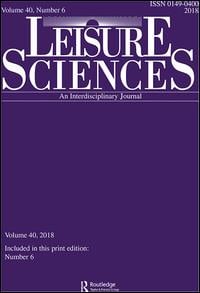 Erin Burkett (EEP PhD Alum) and Angie Carter recently published “
Erin Burkett (EEP PhD Alum) and Angie Carter recently published “ Postdoctoral researcher Dan Trepal (SS/GLRC) and Don Lafreniere (SS/GLRC) recently published an article titled “Historical Spatial-Data Infrastructures for Archaeology: Towards a Spatiotemporal Big-Data Approach to Studying the Postindustrial City” in the journal
Postdoctoral researcher Dan Trepal (SS/GLRC) and Don Lafreniere (SS/GLRC) recently published an article titled “Historical Spatial-Data Infrastructures for Archaeology: Towards a Spatiotemporal Big-Data Approach to Studying the Postindustrial City” in the journal 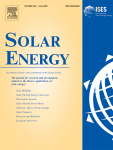 Chelsea Schelly (SS), Kathleen Brosemer (SS Ph.D. student), Valoree Gagnon (CFRES/GLRC), Andrew Fiss (HU), Joshua Pearce (MSE/ECE), and Kathy Halvorsen (SS/CFRES/AVPRD) of Michigan Tech, and Douglas Bessette and Kristin Arola of Michigan State University authored a paper titled, “Energy Policy for Energy Sovereignty: Can Policy Tools Enhance Energy Sovereignty?” published in
Chelsea Schelly (SS), Kathleen Brosemer (SS Ph.D. student), Valoree Gagnon (CFRES/GLRC), Andrew Fiss (HU), Joshua Pearce (MSE/ECE), and Kathy Halvorsen (SS/CFRES/AVPRD) of Michigan Tech, and Douglas Bessette and Kristin Arola of Michigan State University authored a paper titled, “Energy Policy for Energy Sovereignty: Can Policy Tools Enhance Energy Sovereignty?” published in